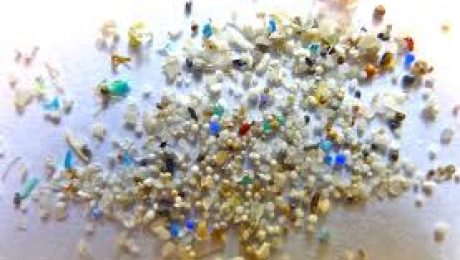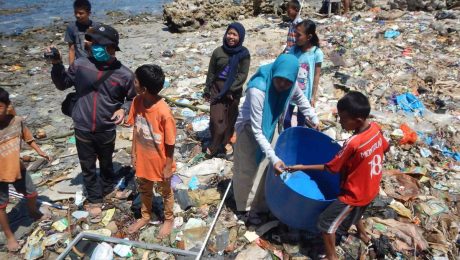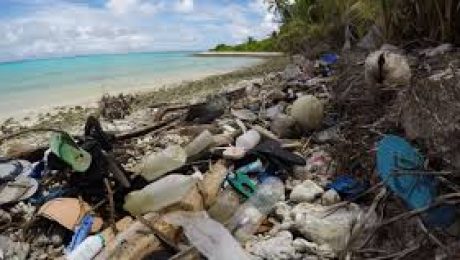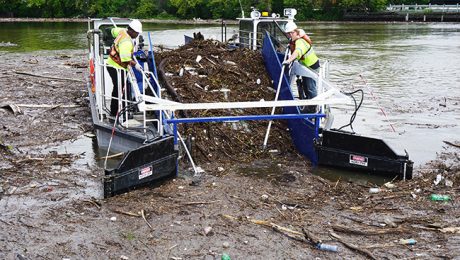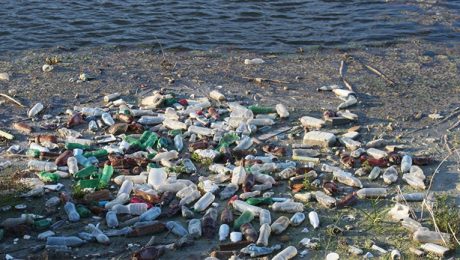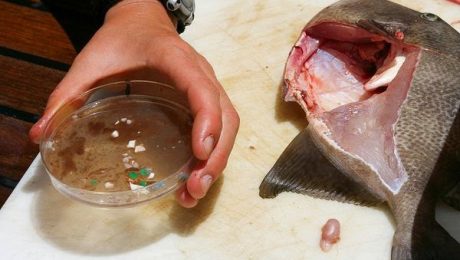Trash of all kinds exists in the ocean – clean-up crews have found cigarette butts, glass bottles and even mattresses. But the most common type of trash found in the ocean’s gyres (circular currents formed by wind patterns and the earth’s rotation) is tiny pieces of broken down plastics, known as microplastics. Microplastics, as well
A 2015 study led by the University of Georgia ranked India 12th among the top 20 coastal populations (and 192 countries) in the world that sent 0.60 million tonnes per year of mismanaged plastic waste into the ocean. Each time polythene covers, carry bags, or synthetic packaging materials are carelessly dropped on the streets or
Every year, about 8-million tons of plastic ends up in our oceans, which is equal to five bags filled with plastic going along every foot of coastline in the world, according to Plastic Oceans, a non-profit organization. By 2025, they estimate the annual input will be about twice that. But how exactly is so much
In 2012, an environmental star of sorts was born, celebrated by Milwaukeeans, especially those who enjoy strolling along the Milwaukee Riverwalk or kayaking on Milwaukee River. The Lynyrd Skymmr is a 50-foot-long river skimmer that cruises Port Milwaukee‘s waterways several times a week to collect floating debris — dead fish, plastic bottles, branches and other
From the Great Pacific garbage patch to inland rivers, plastics are among the most widespread contaminants on Earth. Microplastics—particles of plastic smaller than five millimeters—are especially pervasive. As they build up in Earth’s waters, microplastics are also becoming a permanent part of the planet’s sedimentary layers. Now, using the Great Lakes as a laboratory, sedimentary
In the first study of its kind, an Institute for Marine and Antarctic Studies (IMAS)-led research team estimates that more than 560,000 hermit crabs have been killed on the Cocos (Keeling) Islands in the Indian Ocean and the Henderson Island in the Pacific after being trapped in plastic debris. The study was carried out by
A district in Amsterdam is currently testing an innovative way to prevent plastic waste from flowing out to the sea. It involves using an air bubble barrier. A perforated tube carries compressed air at the bed of the canal and emits a bubble barrier. The bubbles essentially trap plastic waste without disturbing aquatic life or
A toxic chemical commonly used in plastic products could soon be banned under international law following landmark UN recommendations that pave the way for stricter rules on microplastic and other plastic pollution. Tight new regulations are being proposed for UV-328, a chemical added to plastic food packaging, sunscreen, and other plastic products to prevent it
The notion behind the phrase “You are what you eat” is that to be fit and healthy you need to eat good food. In the 1960’s the phrase became the slogan for healthy eating and even today we associate with good, healthy foods. Eat junk and feel like junk. Simply put, cows eat grass, chickens

